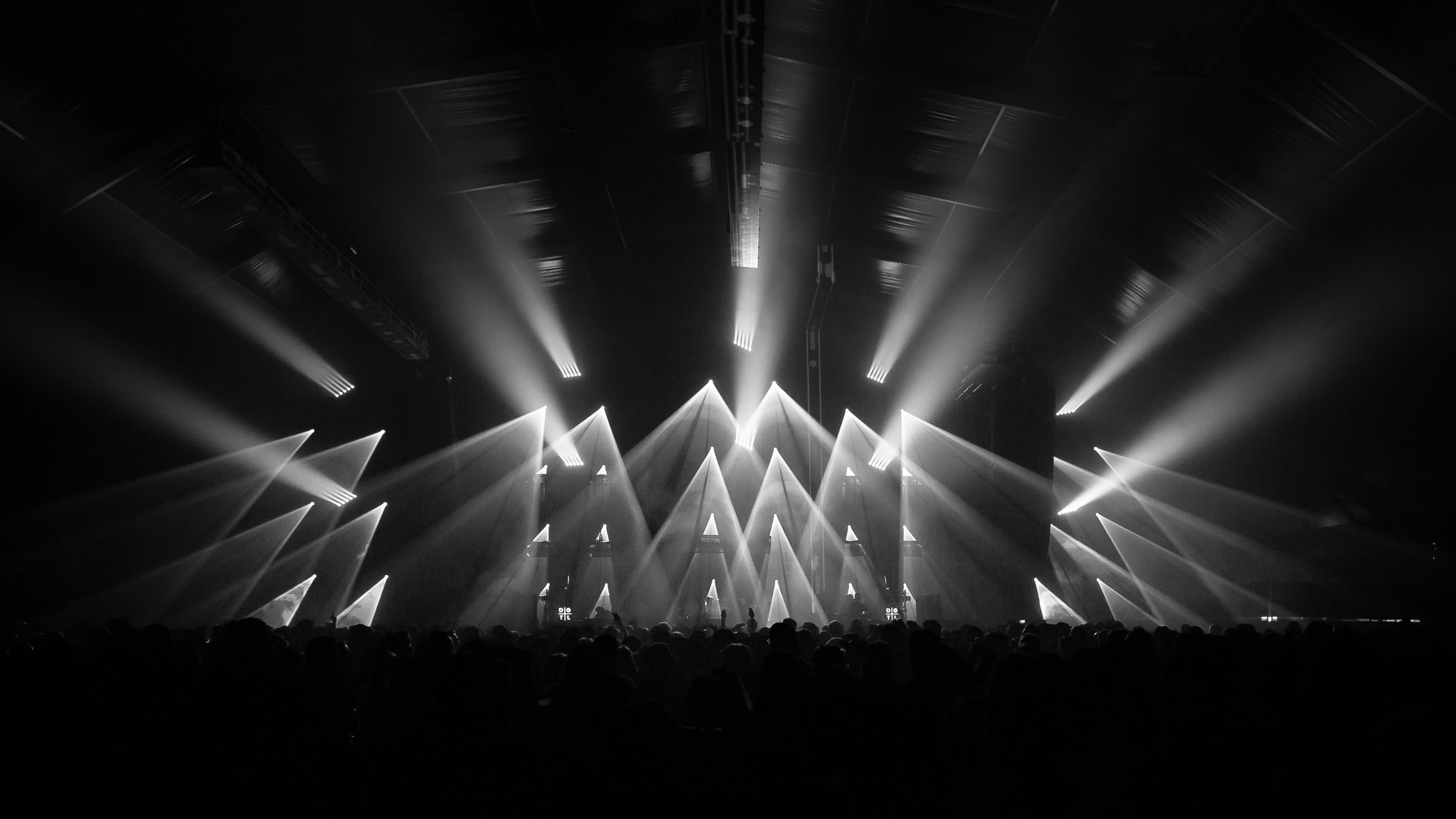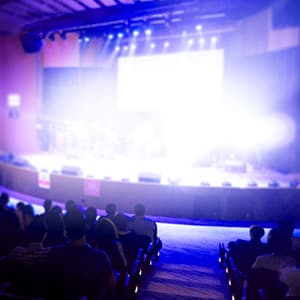

English Play Tickets
Up to 30% Off Compared to Competitors.
Location: Select Location (e.g, New York)
Events Nearby
We're Sorry. There are currently no events near you.
About English - Play
Today, English theatre continues to thrive, showcasing a rich tapestry of productions ranging from classic revivals to innovative contemporary works. Major cities such as London, Manchester, and Birmingham are home to iconic venues like the National Theatre, the Royal Shakespeare Company, and the West End, which feature a diverse lineup of performances, including musicals, dramas, and experimental theatre.
In recent years, there has been a notable resurgence in interest in regional theatre, with companies across the UK producing original works that reflect local culture and contemporary issues. The impact of the COVID-19 pandemic sparked a transformation within the industry, pushing many theatres to adapt by embracing digital platforms for performances, ensuring that audiences could still engage with live theatre.
Currently, the London theatre scene is bustling with new productions and adaptations, including revamped classics and original plays tackling pressing societal topics such as mental health, identity, and climate change. The role of inclusivity in casting and storytelling has gained prominence, as theatres strive for greater representation and accessibility. Festivals like the London Theatre Festival and the Edinburgh Fringe showcase emerging talent, ensuring new voices and narratives are heard.
Moreover, initiatives to bolster youth engagement in theatre, including school partnerships and outreach programs, have become increasingly significant, fostering the next generation of performers and audiences. With ongoing investments in theatre infrastructure and support for artists, the future of English theatre looks vibrant and promising.
English - Play History
The origins of English theatre can be traced back to medieval times, with roots in religious plays performed during the Feast of Corpus Christi. These early performances featured dramatic reenactments of biblical stories and were held in public spaces, attracting large audiences. The transition from religious to secular themes began in the late 15th and early 16th centuries with the rise of morality plays and the interlude genre. The development of the Tudor period marked a significant transformation, culminating in the establishment of the first permanent theatres in London, such as The Theatre in 1576 and The Curtain Theatre in 1577.
William Shakespeare emerged during this fertile period, elevating English theatre to new artistic heights with his complex characters, innovative narratives, and poetic language. His works, alongside those of contemporaries such as Christopher Marlowe and Ben Jonson, laid the groundwork for the English Renaissance in theatre. The period saw the rise of diverse genres, from tragedy to comedy, and the introduction of the iconic Globe Theatre in 1599, which became synonymous with Shakespearean plays.
The closure of theatres in 1642 during the English Civil War marked a downturn in theatrical performances. Following the Restoration in 1660, theatre began to flourish again, leading to the establishment of professional acting companies and the rise of actresses on stage. The 18th century brought about the development of new genres, such as the pantomime and the farce, as well as increased public interest in performances.
By the 19th century, the advent of the Victorian era saw the rise of melodrama and the integration of new technologies into theatrical productions, including gas lighting and elaborate stage sets. The Victorian stage prioritized spectacle and entertainment, appealing to the growing middle class. As the 20th century approached, playwrights like George Bernard Shaw and Harold Pinter began to experiment with modernist themes and styles,
redefining the boundaries of what theatre could encompass. The later half of the century witnessed the birth of new movements such as British theatre of the absurd, as well as the emergence of influential theatre festivals, notably the Edinburgh Festival Fringe, which became a global platform for experimental works.
